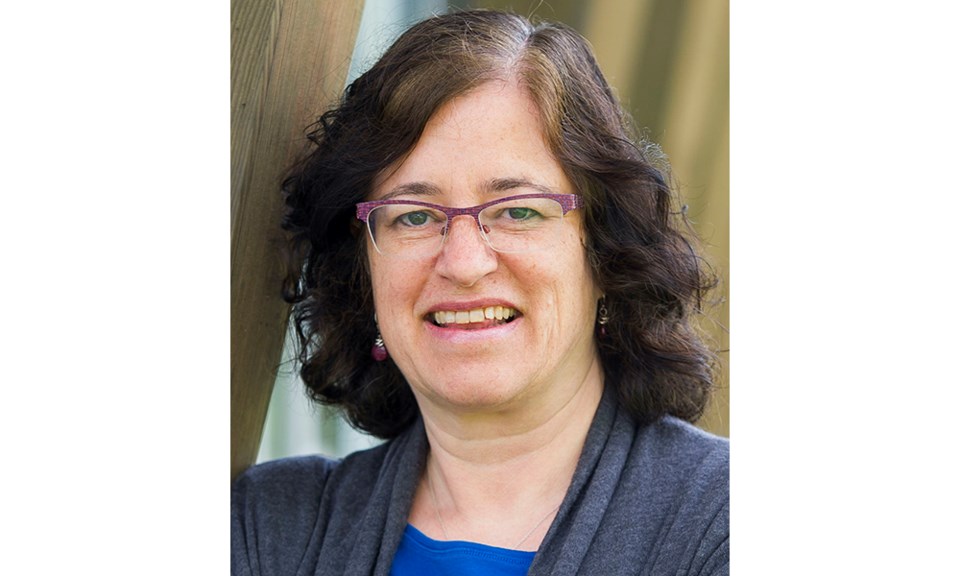Today is voting day, October 15. It’s your once-every-four-years chance to elect people to represent your interests at City Hall and on school boards. Regardless of your political stripes, I urge you to get out there and vote.
It may not be perfect, but as Winston Churchill once said, “Democracy is the worst form of government — except for all the others that have been tried.”
Since we have yet to discover or implement a better method of governance, it’s incumbent on us all to participate in the one we’ve got. Some folks may think city councillors and school trustees don’t have a lot of power, but they are the government closest to the people — they decide matters such as schools, housing development, policing, firefighting, parks, water, garbage and sewage. These are all matters quite fundamental to a happy life.
Hamish Telford, an associate professor of political science at the University of the Fraser Valley, says we get more services from municipal governments than we do from other levels of government.
“I think in many respects, voting in municipal elections is more important than any other level of government and unfortunately municipal gets the lowest level of turnout,” Telford said in an interview. “The services we get from municipal governments are critically important to us.”
Not only are they in charge of some of the most crucial areas of life, but local politicians are also often the most accessible to the public. You can attend their meetings, ask questions, make presentations, send them emails and expect an answer.
Sadly, a majority of eligible voters do not usually vote in Richmond’s civic elections. In 2018, just 36.45 per cent of eligible voters in Richmond made it to the polls to elect our council and school board. Let’s challenge ourselves this time to at least meet the provincial average of 42 per cent.
There are two reasons for the low voter turnout in municipal elections, Telford says.
“Of the different levels of taxes, we pay lower taxes at the municipal level. Federal we pay the most, followed by provincial, then municipal,” Telford said. “The media covers the big cities, … but the regional — Burnaby, Richmond or Abbotsford — doesn’t really get covered by local TV or radio news, which is Vancouver-concentrated.”
People may not be voting, simply because they don’t know enough about the process or the candidates. One other factor may be the sheer number of candidates and parties that tend to run in municipal elections, making it confusing for voters, he said.
“The B.C. municipal election system is particularly complicated with its at-large system rather than a ward system which tends to simplify the voting process and certainly the choices,” Telford said.
A ward system is where a city is broken down into smaller neighbourhoods with candidates elected specifically to represent those neighbourhoods. For instance, in Richmond, areas like Steveston or Terra Nova might each be their own ward and elect their own candidates. It’s an idea that’s been around for a long time, and is intended to improve equity in cities, but it has not been implemented in B.C.
Given that in Richmond, there are 27 candidates vying for a city council seat and 15 vying for a school board seat, voters can be forgiven for not knowing much about each candidate. However, these are the folks that will be making decisions about services that affect residents every day. Is there a walkable school in the neighbourhood? Do the garbage and recycling get picked up on time? Does the road system work well? Is there enough parking? These are the types of questions that local representatives vote on.
If you’re a Richmond resident older than 18, who is legally able to vote, grab your identification and head down to the polls today. We might increase our turnout percentage from 2018, but even more important, your vote will affect the future of the city.
Tracy Sherlock is a freelance journalist who writes about education and social issues. Read her blog or email her [email protected]



